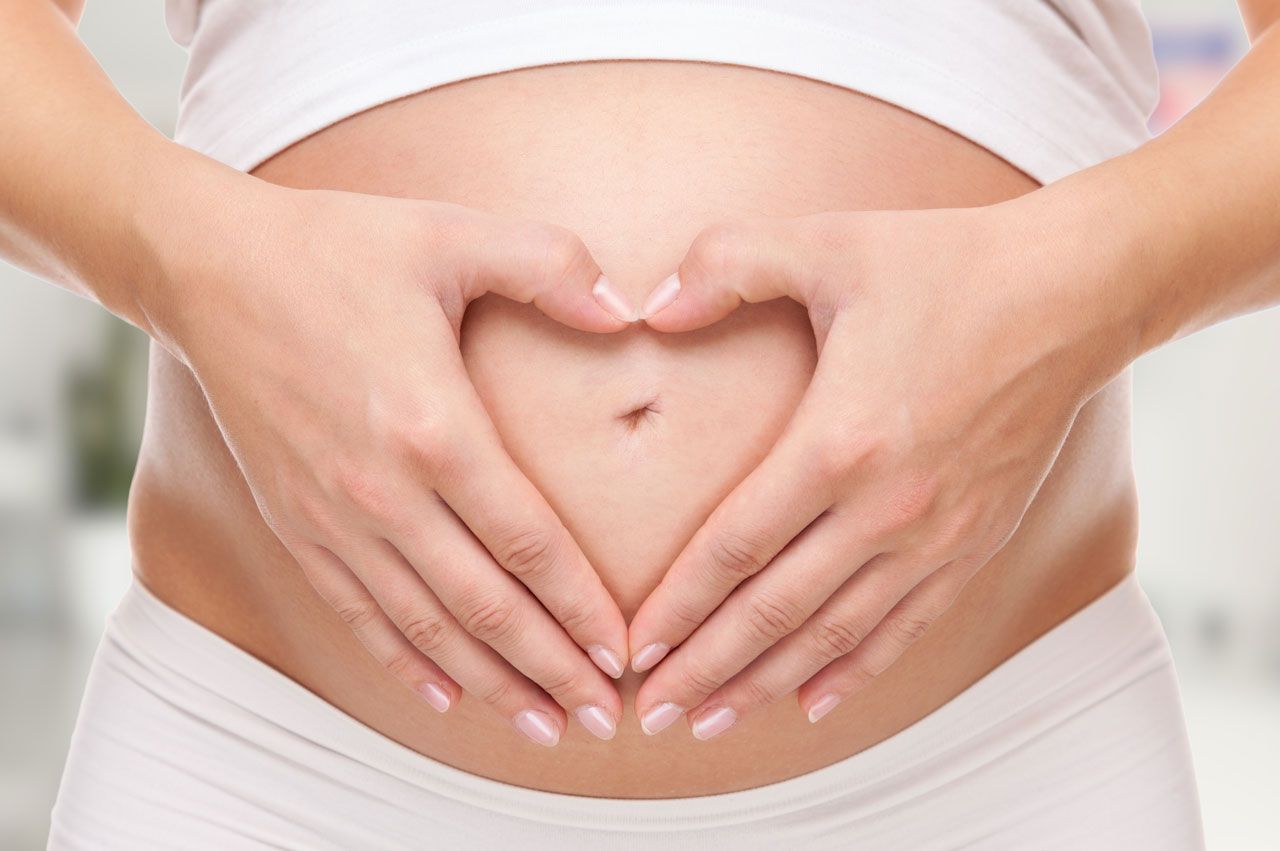
Maternal gut microbiome and baby’s brain development
Interest in and understanding of the role of gut bacteria in general health has grown in recent years. Researchers in Cambridge, UK, are investigating the influence of the mother’s microbiome during pregnancy on the developing foetus.
In a highly controlled environment, two groups of pregnant mice were compared; one group had no bacteria in their gut and the other were given Bifidobacterium breve orally but otherwise had no gut bacteria. Previously, the same researchers had identified that pregnant mice given Bifidobacterium breve showed improved placental function with increased blood supply and nutrition to the foetus and enhanced foetal growth. This new study suggests that Bifidobacterium breve also beneficially affects brain growth and development by reducing certain types of metabolite and improving nutrient supply to the brain. Dr Jorge Lopez-Tello, first author of the report from the University of Cambridge’s Centre for Trophoblast Research stated that, ‘While the precise mechanisms governing the alterations induced by B. breve UCC2003 necessitate further exploration, our study provides clear evidence that maternal oral intake of probiotics can influence foetal organogenesis’. He also suggested that future treatment for foetal growth restriction might focus on altering the gut microbiome through offering pregnant women probiotics. At this point, however, more work is needed to further understanding of the mechanisms whereby the mother’s microbiome affects the growth and development of her offspring and to monitor development into adulthood.
Read more: Lopez-Tello, J., et al. (2024) Maternal gut Bifidobacterium breve modifies fetal brain metabolism in germ-free mice. Molecular Metabolism, Vol 88:102004.
